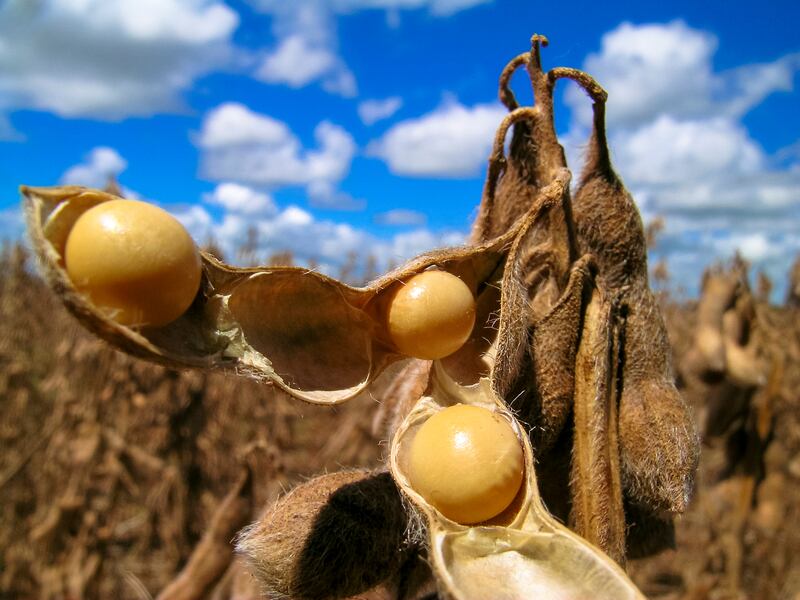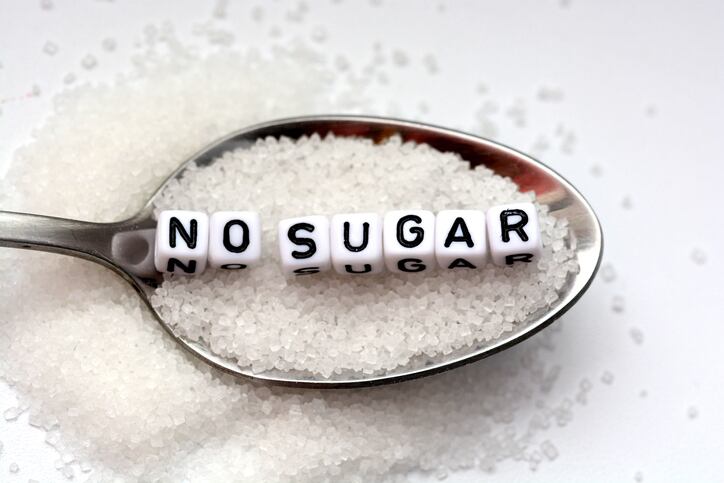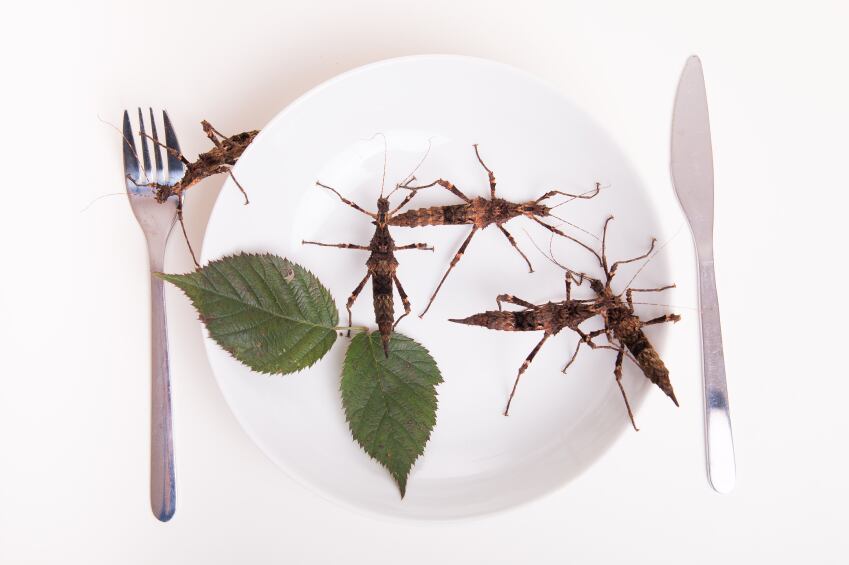Although HPDs appear efficient for weight loss, Dr François Blachier, research director at the National Institute of Agronomic Research (INRA) in France spoke of HPD effects on microbiota-derived metabolites and gene expression in the gut.
“It raise new questions on the impact of HPD on the large intestine mucosa homeostasis,” he said as he went on to recommend caution for HPD use, notably in a recurrent and/or long-term ways.
Dr Blachier’s research focus centred on defining the maximal amount of dietary protein that can be consumed without short- and/or long-term metabolic and physiopathological side effects.
For example, HPDs are not advised in individuals with chronic kidney diseases or at risk for such diseases, as HPD may accelerate kidney dysfunctions.
HPD impact on gut health remains an emerging topic as Dr Blachier detailed a study with high-protein diets as part of a presentation at the My New Gut Project Final conference in Brussels.
Study details

Here, the team demonstrated that the quantity and source of dietary proteins act as regulators of gut microbiota metabolite production and host gene expression in the intestine.
Enrolling 38 overweight individuals onto the randomised double-blind parallel-design trial, the team selected an animal protein source (milk protein isolate enriched in casein (92%)) and isolated soy protein as a protein plant source.
Of significance was the effect casein and soy protein supplementation had on gene expression as the researchers identified the proteins’ key roles in the cell cycle and cell death.
The casein diet appeared to increase the expression of genes related to the gut’s extracellular matrix, cellular adhesion and mucus production.
The soya diet looked to have increased and decreased the expression of genes related to oxidative stress and detoxifying metabolism
Both diets appeared to modify the expression of genes related to cell proliferation and cell cycle (increase for 85% of genes), cell apoptosis (increase for 83% of genes) also increasing the cytoskeleton formation.
The types of protein appeared not to have an effect on inflammation as noted in the rectal biopsies (proinflammatory cytokines in biopsies and faecal calprotectin and secretory immunoglobulin A)
“The changes observed coincide with numerous (although of limited amplitude) modifications of expression of genes related to the homeostais of the rectal mucosa (without sign of inflammation),” said Dr Blachier one of the study’s co-authors.
“This raises new questions on the impact of HPDs on the large intestine mucosa homeostasis.”
Some interindividual variability?
The study did mention that in the HPD groups, approximately 50% of dietary protein was provided by the supplement (casein or soy protein).
“Thus, it is worth noting that, for the other 50% of dietary proteins, the precise consumption by the volunteers according to protein source remains unknown,” the study concluded.
“This is a situation that might have introduced some interindividual variability in terms of dietary protein intake.
“However, because the participants were instructed to consume standardised menus under the supervision of a dietitian, no major differences in the source of protein consumed by volunteers are expected in the present study.”




